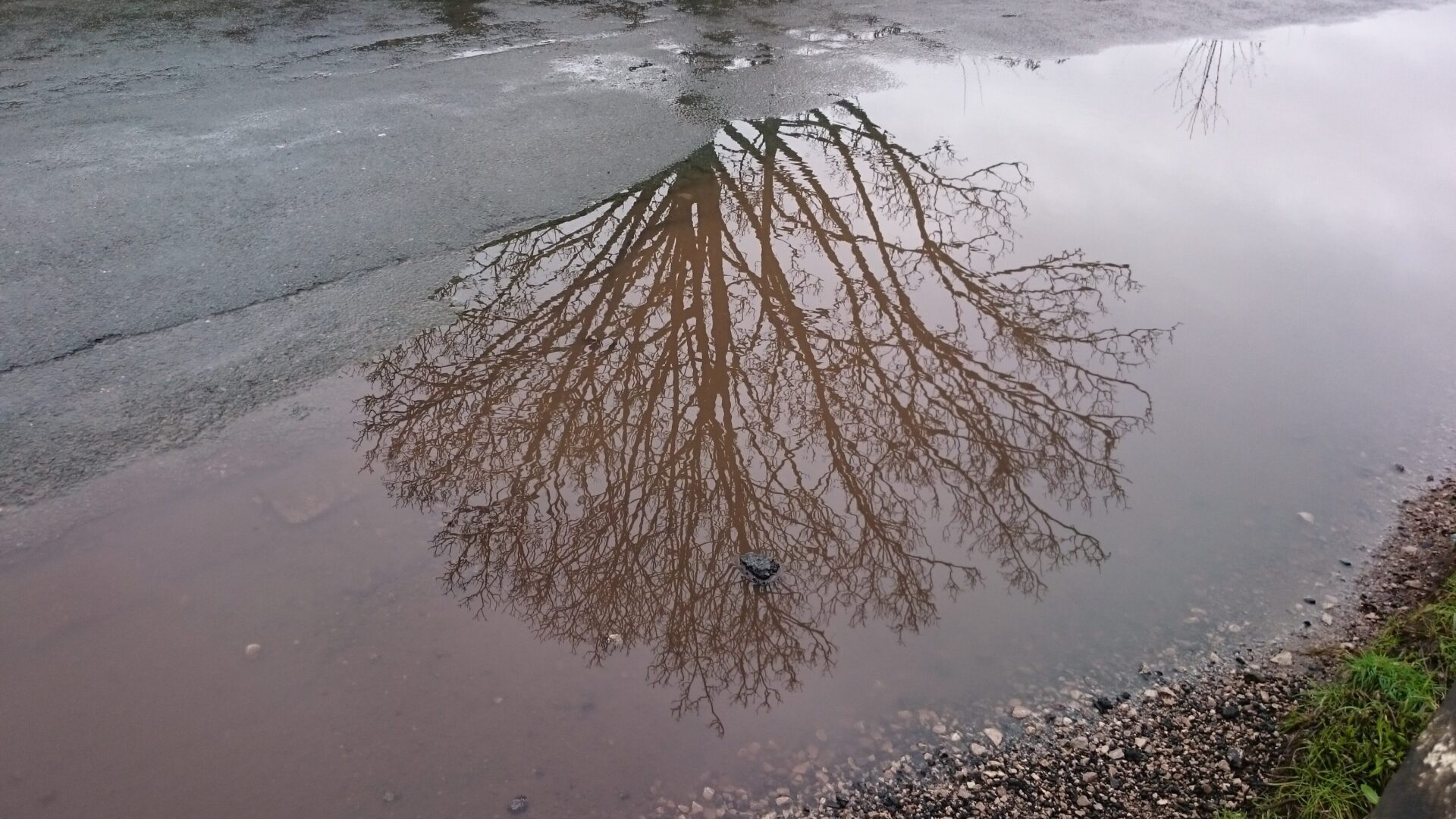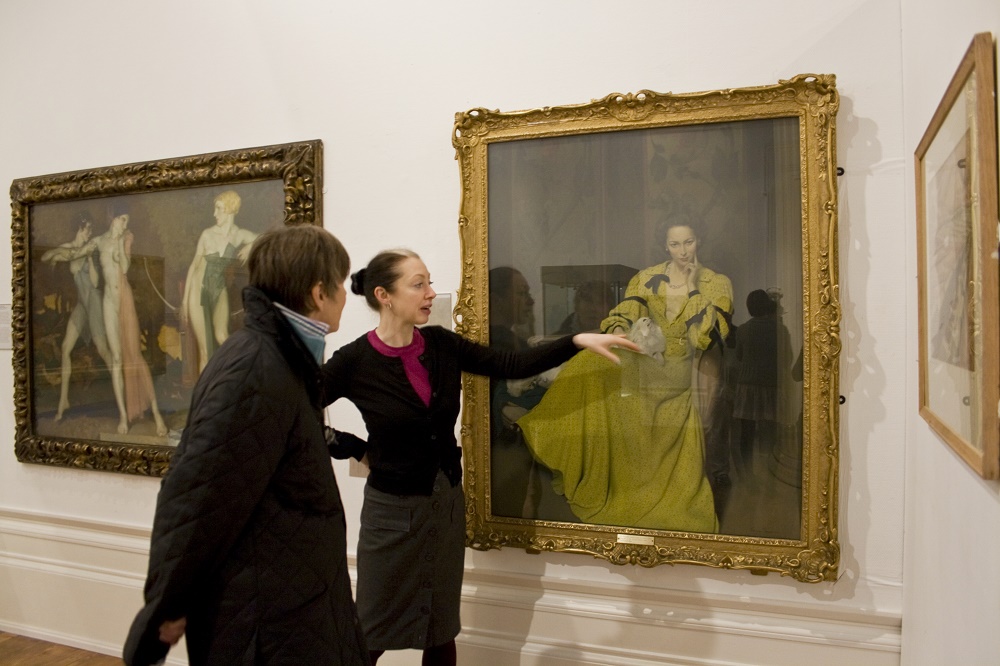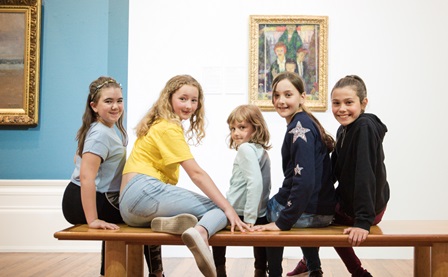
North West Reads Book 19: When the Lights Go Out by Carys Bray
Watching the news can be difficult, depressing and, sometimes, frightening. It can also leave us, as consumers of vast amounts of information churned out by rolling 24-hour news, with feelings of helplessness and powerlessness in the face of events that us, as individuals, cannot change all on our own. It’s wise in this situation to remember the prayer about changing what we can, accepting what we can’t and being wise enough to know the difference between them; but what happens if you don’t heed this, and you become overwhelmed by what you see and know?
Chris and Emma live with their two teenage sons, James and Dylan, near Martin Mere Nature Reserve. The area around the nature reserve was at one time under water, so their house sits on reclaimed land. Emma sometimes ponders on the history of this area, what it was like thousands of years ago, the people, hunter-gatherers, seeking elk and other animals for food and clothing. She and her husband are conscious of the effects of climate change and dutifully do their best to be responsible citizens, recycling, not over-consuming ‘stuff’, growing their own food and helping with organised litter picks.
At one time Emma took part in demonstrations, calls for action on global warming, anti-fracking protests, but of late she has come to question the efficacy of such actions. She focusses on what she can do and on her family. She had worked at the local library, but this had been closed owing to cutbacks in local government expenditure. The building was flattened, and houses built on it. This was one part of the reduction in social services, the glue that helps serve and keep communities together. She misses her old job and the activities it put on, and groups who used to use it, now gone the way of local post offices, banks, maternity units and the like. Emma now uses her sewing skills to make gifts to earn a small living and contribute to the household expenses. Her old placards she used to take to demos are in the garage; she does what she can to help the planet but knows her limits. Outwardly they seem to be a happy and functional family, but Emma is trying not to notice some serious cracks beginning to show in her marriage because of changes of behaviour in her husband, Chris. She does not want to see these changes as a sign of a mid-life crisis, but he was now in his 40s and seemed to think that if he didn’t save the world before he died then it would be the end for them all.
Chris and Emma had met during the summer after Emma had graduated from university. She had studied English and while waiting to move onto the next stage of her life had returned home to her parents. Chris had studied horticulture and worked as a gardener. He was working in her parent’s garden, chopping down a eucalyptus tree, where Emma was spending time enjoying the sun and reading. It had been a happy marriage but of late Chris’s outlook on life had taken a sombre turn. Emma had seen him standing in front of the war memorial when she was doing some Christmas shopping in Southport. He was a one-man demonstration warning of the coming climate catastrophe. This winter had been particularly wet with roads and gardens getting waterlogged, including their own. Their home, a 70s dormer bungalow, was prone to damp, so this weather did not help. The constant rain had impacted on Chris’s gardening work placing a strain on the family finances. Much of his work this winter was dealing with such things as blocked gutters and drains and helping homeowners with their flooded gardens.
Overwhelmed by his fears of water levels rising, mass movement of people, disease and famine, Chris’s life was now dominated by how to survive the coming apocalypse. Without consulting them he had decided his family would have to be a part of this whether they liked it or not. When climate disaster strikes all power and communications would cease, so Chris had taken to sneakily turning off the power supply to the house and passing it off as a power outage. Emma, trusting her husband, had not twigged and, good naturedly, worked her way around the regular inconveniences caused by these apparent power cuts. Chris is convinced that Emma and the boys will thank him one day for this ‘training’. Chris’s other survivalist plans are more obvious. He brings home a couple of rabbits informing the family they are for meat, not pets. Then there are the pig’s trotters in the freezer for them to practice suturing techniques. Emma patiently tolerates all of this and tries to present a more grounded and sensible perspective to him. Chris just feels that Emma is not taking the climate emergency seriously, she’s just given up the fight and waiting till civilisation collapses.
It is only when some fish antibiotics are delivered alongside a boxful of honey that Emma realises that she has to confront her husband’s single-minded obsession with global catastrophe. No way was her son going to take some animal medicines ordered from who-knows-where on the internet. Emma reflects on Chris’s one-man demonstration, recalling that he had hated doing this sort of thing with his father when he was a child. His father, who had died only recently, had had a near death experience that resulted in a zealous, evangelical Christian faith that would brook no opposition. Frank ruled the roost and his wife, Janet, just went along with everything without question for the sake of peace and harmony. It was a huge disappointment to them both when Chris renounced his faith. His parent resolved to ‘love the sinner’; Janet always held out hope that he would return to the fold. Chris never did, but it was plain that he had inherited his father’s uncompromising zeal, with the ‘end times’ man-made rather than religious. Chris had also replicated his father’s dismissive attitude towards his wife and to those who did not share his world view. Emma’s attempts to be positive are constantly dismissed and contradicted by Chris, and he would frequently do this in front of the boys, undermining her.
Dylan and James observe these polite battles between their parents. James has taken to calling his Mum ‘Emma-Jane’ and will question his father about global warming. This belittles his mother and winds-up his father, James’s own form of rebellion. Emma, being a nice middle-class tolerant parent, let’s this go or ineffectively reminds him that it is ‘Mum’. His father doesn’t realise that his son is not interested in his campaigns and is just deliberately getting him riled up for the sake of it. There is a great deal of talking going on in this family but not much communication. The dysfunctional parenting of Frank and Janet have passed on, albeit in a slightly different form, to the next generation. Chris’s sister Ruth is still a practising Christian and is married to clergyman. Rob may not be the domestic tyrant her father was, but he frequently makes Ruth the centre of ‘jokes’ that belittle her; what is worse is that he does not realise that this is what he is doing, he just thinks he is genuinely making a joke.
Though Emma is not the pushover that Janet was, she still is loath to confront Chris, but as Christmas Eve approaches and when she realises the significance of the antibiotics, Emma realises that matters cannot go on as they are, and she needs to speak and be heard. She tries to get through to him that she cannot be like him, she has to be able to get up in the morning and have some hope; to see everything as black and hopeless is just morbid. They can only do what they can as individuals as they cannot change the world on their own. This just falls on deaf ears. He tells her he’s not suffering from depression he’s just being realistic. These tensions would be bad enough at any time of year, but this was Christmas, often busy and stressful. To top it all Chris’s mother Janet arrives. Her caravan home was leaking and in no fit state to live in.
The spark that leads to a far more serious showdown between them is over the rabbits. The subsequent series of events over that Christmas would show how Chris’s obsession with the existential threat of global doom made him blind to dangers closer to home and to the real needs of his marriage and family. At heart they are decent people who wish to do their best to alleviate the major crisis of our times; but in Chris’s case his perceptions have become so skewed he has lost perspective and lost hope. He had abandoned his earlier idealism, taking refuge instead in ‘I told you I was right’ survivalist paranoia. If he can’t control the planet’s descent into oblivion he can, at least, control his immediate family and his surroundings. This is by no means a gloomy novel, despite the subject matter, and in some respects this novel is a bizarre comedy of manners; however, it is also an object lesson in how the road to hell can be paved with good intentions. Emma has the good sense to realise what change she can achieve; the question is whether this extends to the saving of her marriage to Chris.
Written by Janet - Library Assistant

Friends of the Harris
Join us today
Help more of Preston’s people enjoy the Harris by becoming a Friend – and you’ll get closer to artists, curators and collections too.
Find out more
Support us
Your community needs you
A donation from you today will support local people, including those most in need, by helping to create #HarrisYourPlace for everyone.
Donate now
